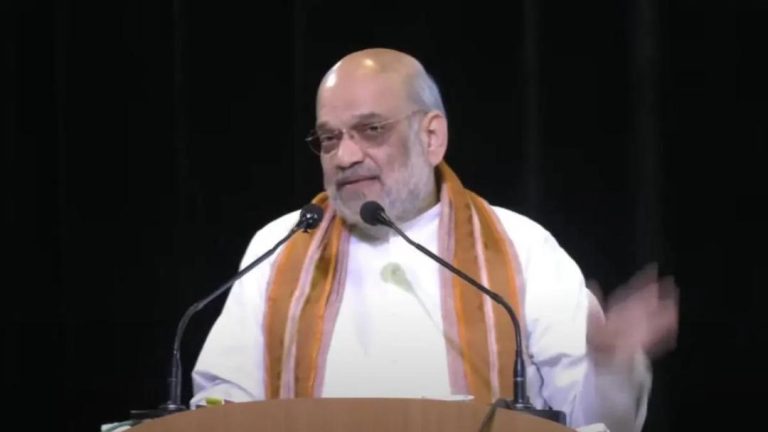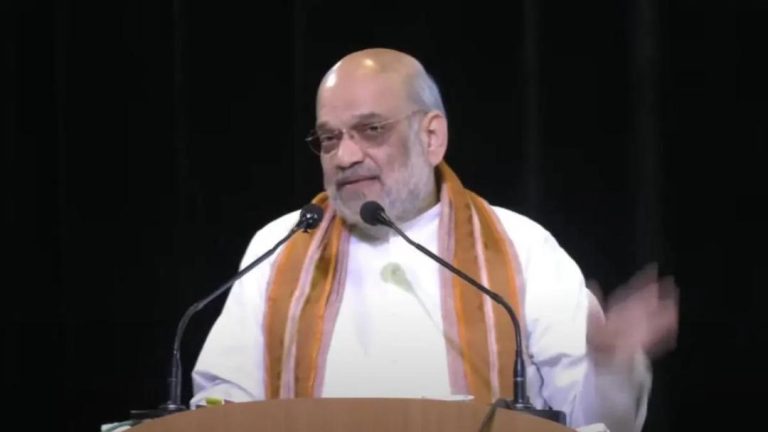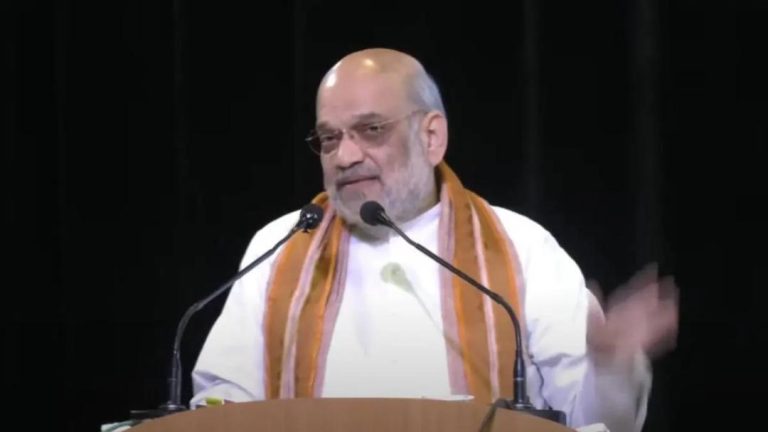
IT Employees Burn Murthy, L&T Chief’s Effigies for Proposing Longer Workweeks
The ongoing debate about work-life balance in the IT industry has taken a drastic turn in Bengaluru, Karnataka. A group of IT employees, protesting against exploitative work practices, burnt effigies of Infosys Founder Narayana Murthy and L&T Chairman SN Subrahmanyan. The protest, organized by the Karnataka IT Unions (KITU), aimed to express their discontent towards the suggestion of longer workweeks by the two business leaders.
The recent controversy began when Narayana Murthy proposed 70-hour workweeks for IT employees, citing the need for employees to put in extra hours to meet the growing demands of the industry. Subrahmanyan, the Chairman of Larsen & Toubro (L&T), later suggested that employees should work 90 hours a week to be more productive. The statements sparked widespread outrage among IT employees, who feel that such demands would lead to burnout and negatively impact their personal and professional lives.
On Monday, a group of IT employees, clad in their formal attire, gathered outside the office of KITU in Bengaluru to protest against the proposed longer workweeks. Despite the attempts by Bengaluru Police to stop them, the employees successfully burnt effigies of Murthy and Subrahmanyan. The protest was marked by chants of slogans and placards that read “No to Exploitation” and “Respect for IT Employees.”
The protest was a manifestation of the growing discontent among IT employees in Bengaluru, who feel that their hard work and dedication are not being recognized by their employers. Many employees have been working long hours, often exceeding 12 hours a day, for extended periods without adequate compensation or recognition. The proposed longer workweeks would only exacerbate the situation, leading to exhaustion and demotivation.
The IT industry in Bengaluru has been booming in recent years, with many multinational companies setting up their operations in the city. However, the growth has come at a cost, with many employees struggling to maintain a work-life balance. The long working hours, coupled with the pressure to meet tight deadlines, have taken a toll on the mental and physical health of many employees.
The protest by KITU is seen as a bold move by IT employees to express their frustration and demand better working conditions. The union has been advocating for the rights of IT employees, including better pay, more holidays, and a more humane work environment. The burning of effigies is a symbolic gesture to convey the employees’ discontent and to send a strong message to their employers.
The incident has also sparked a heated debate on social media, with many people expressing their support for the protesting employees. Many have called for a more humane approach to work, emphasizing the need to prioritize the well-being of employees over profit margins. Others have criticized the proposal, arguing that it would be beneficial for the industry in the long run.
In a statement, KITU Secretary, Maheshwarappa, said, “We will not tolerate such exploitation by our employers. We are fighting for our rights and dignity. We will not be silenced by the attempts of the government or the employers to suppress our voices.”
The incident has also raised questions about the role of the government in protecting the rights of employees. The Karnataka government has been criticized for its inaction in addressing the concerns of IT employees. Many employees have called for a more proactive approach by the government to ensure that employers comply with labor laws and provide a better working environment.
As the debate continues, it is clear that the IT employees in Bengaluru will not back down until their demands are met. The burning of effigies is a powerful statement of their discontent and a call to action for their employers to prioritize their well-being.
Source:






